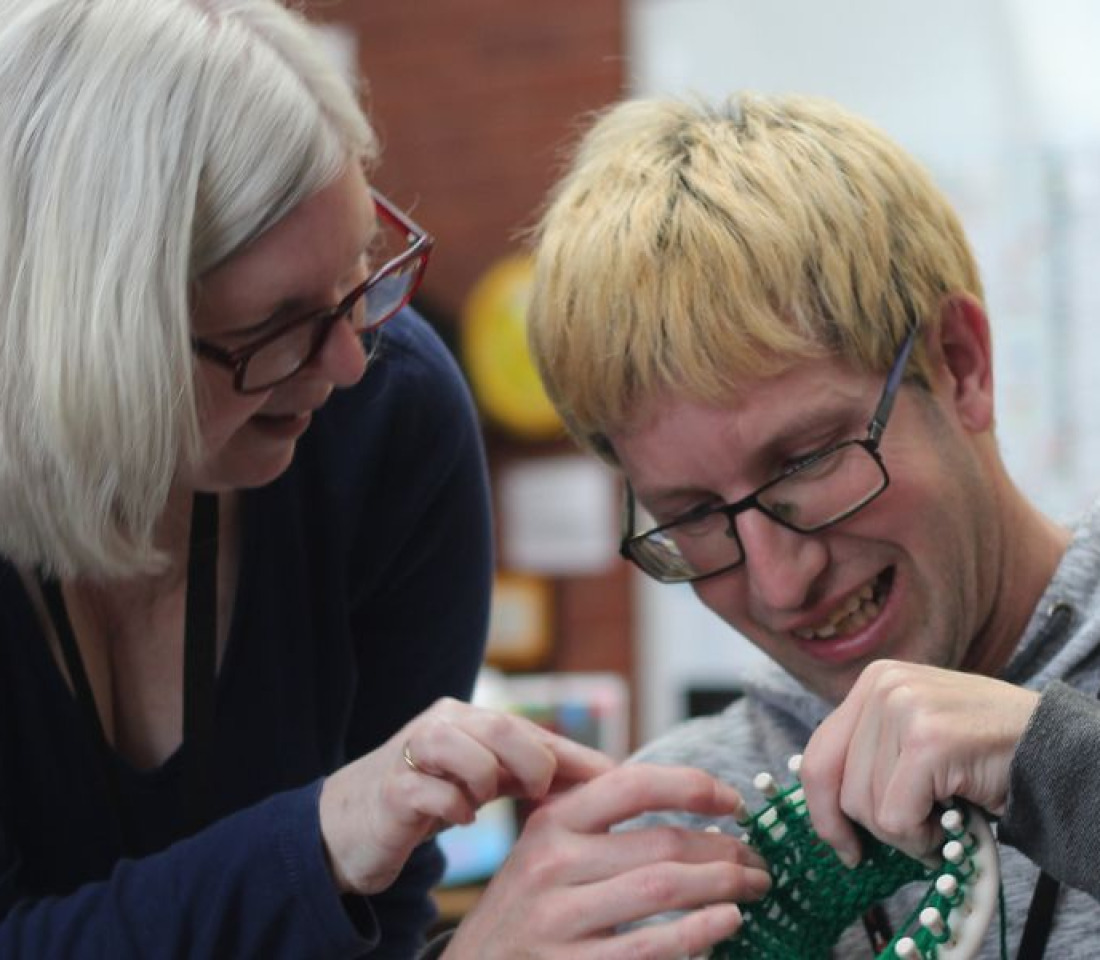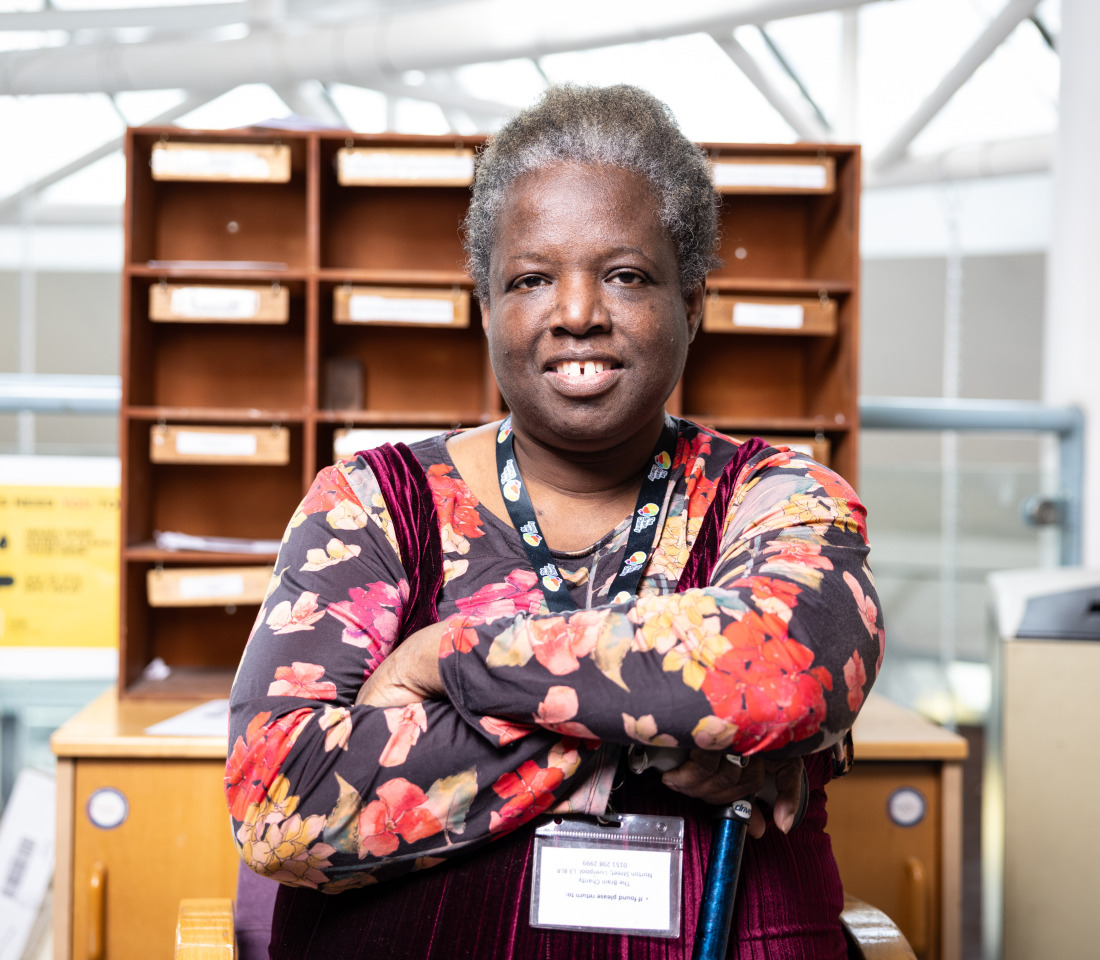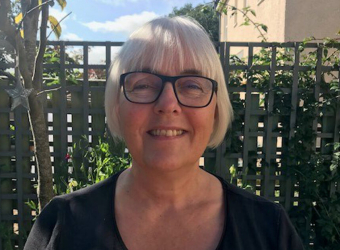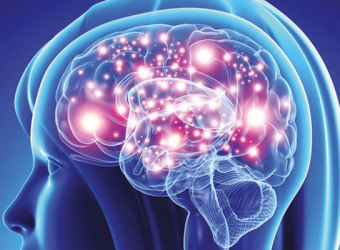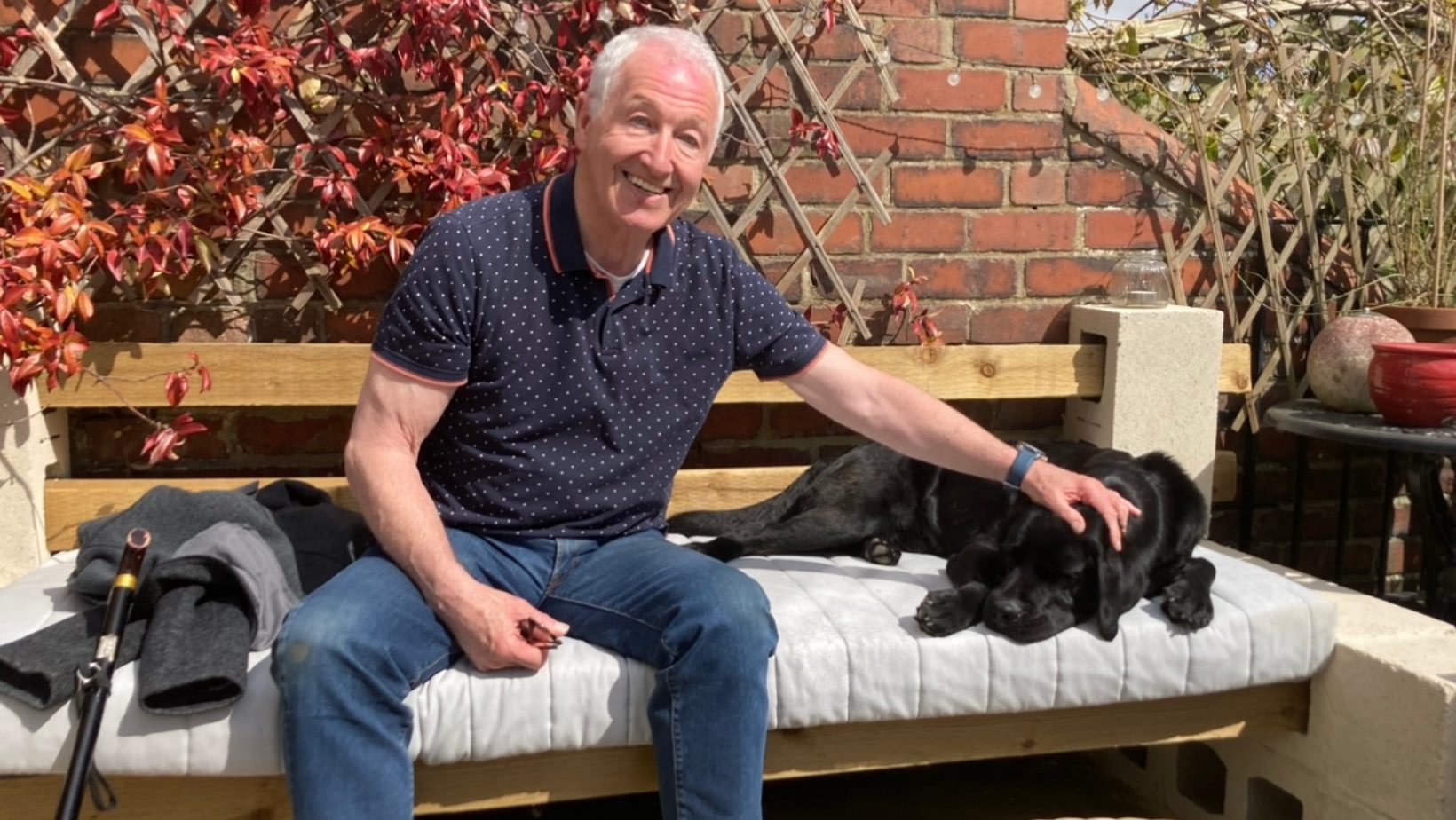
A grandson’s mission: raising awareness of Cerebellar Ataxia through film
"I wanted to understand my grandad’s condition—and help others understand it too."
Living alongside a loved one with a neurological condition can change the way you see the world. It can be painful to watch someone you admire lose abilities they once had—but it can also inspire a determination to learn, educate, and act.

For Will, born in 2006 shortly before his grandfather was diagnosed, that determination came from his grandfather, who was diagnosed with Cerebellar Ataxia almost two decades ago.
A diagnosis that changed everything
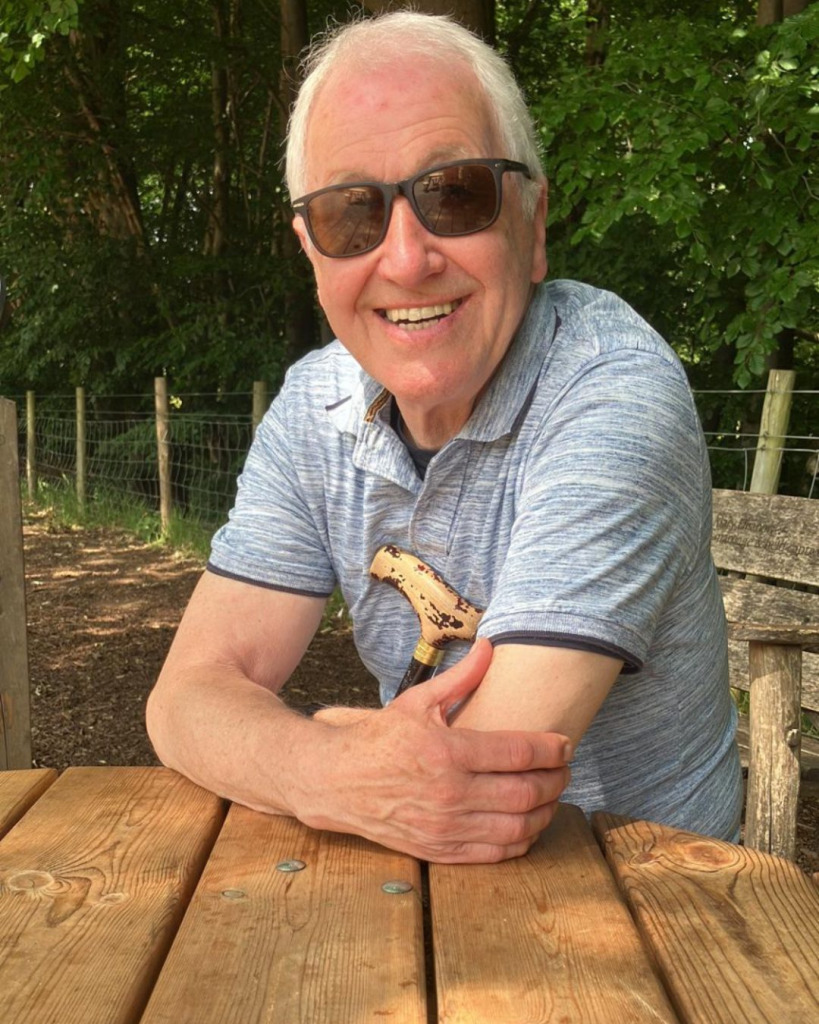
Back in 2007, Will’s grandfather first noticed problems with his vision and coordination whilst on holiday in Vegas. At first, he thought it was an eyesight issue and went to see an optician. But instead of prescribing glasses, the optician advised him to see a neurologist.
Further investigations revealed the truth: parts of his brain were shutting down. Eventually, he was diagnosed with Cerebellar Ataxia, a rare and progressive neurological condition that affects balance, coordination, and speech.
Doctors told him he would likely be in a wheelchair within ten years. Although he has defied that prognosis and continues to walk with the support of his wife, his vision has deteriorated significantly. He now struggles with speech, movement, and many everyday activities.
Living with Cerebellar Ataxia
Despite the physical challenges, Will describes his grandfather as the same person he has always been: funny, upbeat, and kind.
Will told us:
“Grandad’s personality hasn’t changed at all. He’s still got the same sense of humour and love for helping others. But because of his condition, he can’t do the physical things he used to—like fixing cars or helping others with DIY.”
Today, communication with people outside the family can be difficult. His speech is affected, and tasks that were once second nature now require support. Yet his determination, warmth, and positivity remain unchanged.
A role model and an inspiration
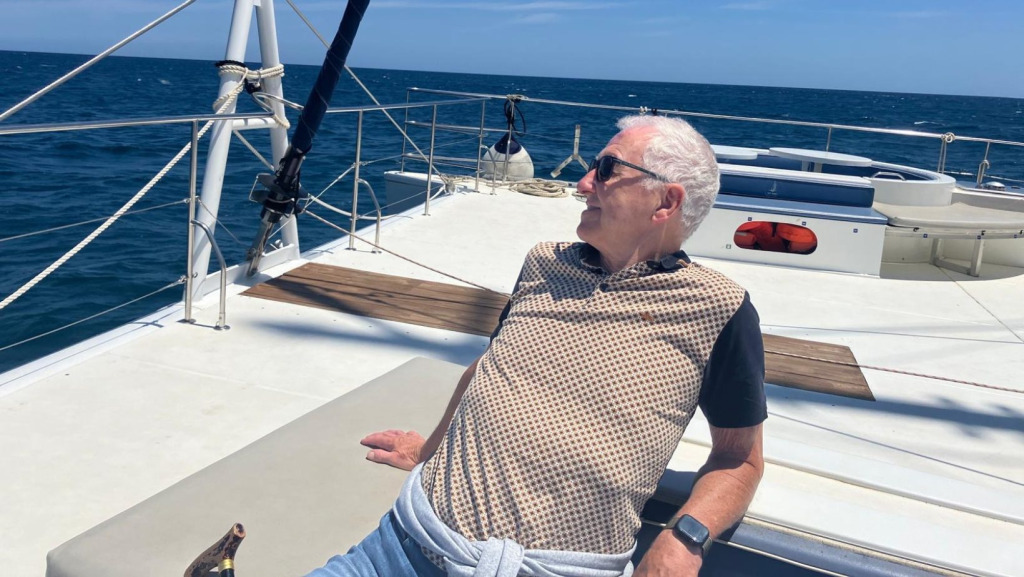
Growing up, Will was fascinated by the brain and how it works. Watching his grandfather’s journey made him even more curious about neurological conditions—and more determined to learn.
Will explained:
“My grandad has always been one of my role models. I wanted to really understand his condition and raise awareness of what he goes through, not just for myself, but so other people can learn too.”
Capturing a story on film
That passion for education led Will to create a short documentary about his grandfather and his experience with Cerebellar Ataxia.
The film includes interviews with both grandparents, capturing his grandfather’s reflections on life before and after the diagnosis, the impact on daily living, and the ways he has adapted to keep going.
It also highlights the medical facts and statistics about Cerebellar Ataxia, aiming to balance personal storytelling with broader awareness.
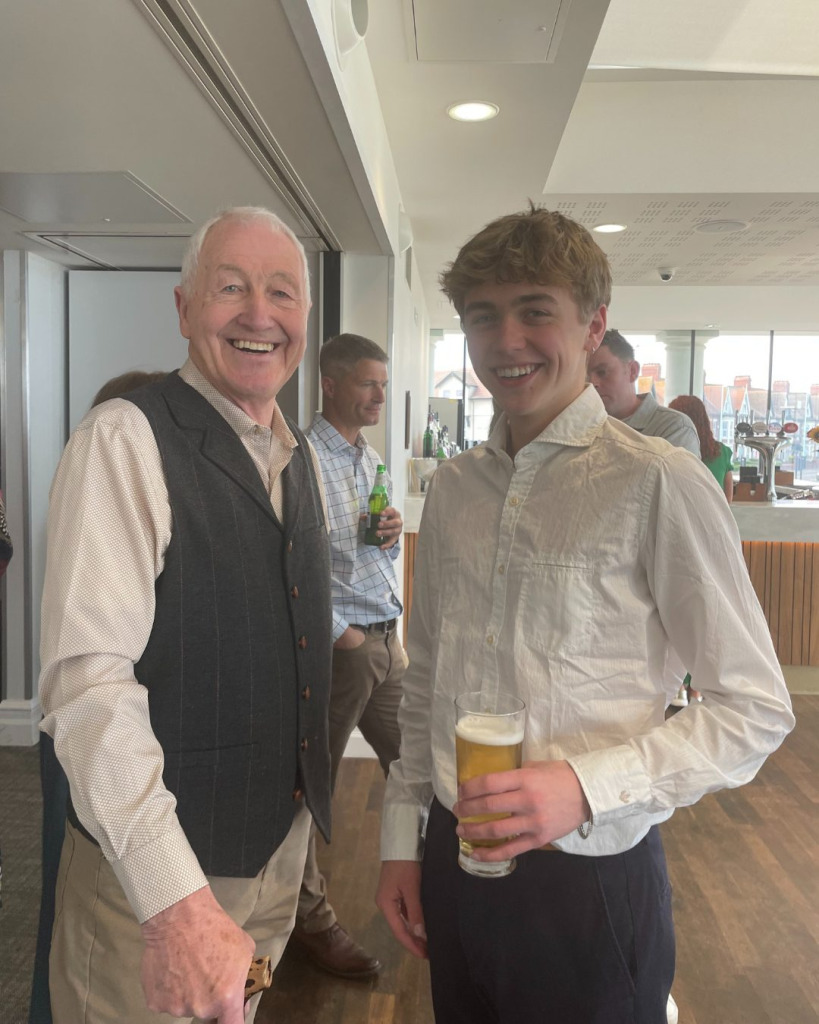
Challenging ignorance and driving awareness
Will hopes the documentary will provide insight not just for the general public, but also for healthcare professionals.
He said:
“I think it must be draining to have to explain your condition again and again. There’s still a lack of awareness, even among doctors, about rarer neurological conditions. I want to do something that helps change that.”
Through his project, Will wants to challenge ignorance, spark conversation, and remind people of the importance of empathy and education. His grandfather’s story is not just one of loss, but also of resilience, humour, and the power of family support.
What is Cerebellar Ataxia?
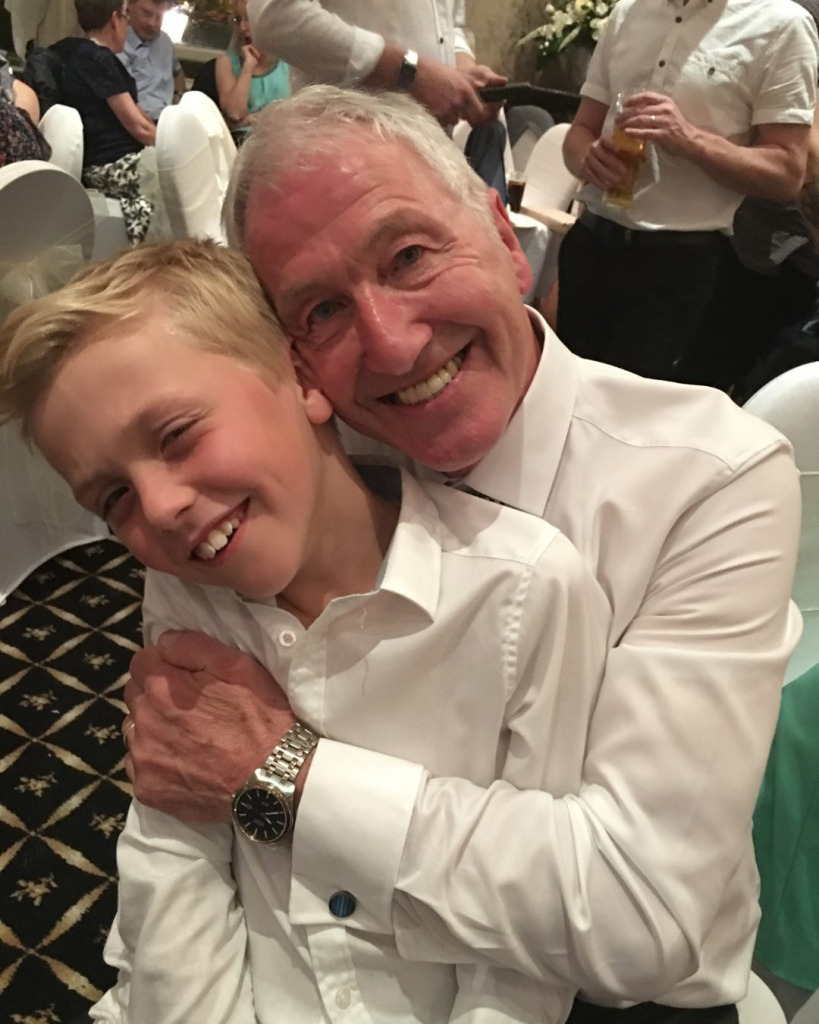
Cerebellar Ataxia is a neurological condition caused by damage to the cerebellum—the part of the brain that controls balance, coordination, and speech. Symptoms can include difficulty walking, problems with fine motor skills, slurred speech, and issues with vision.
It can be caused by a range of underlying factors, including genetic mutations, stroke, multiple sclerosis, or other neurological diseases. While treatments can help manage symptoms, there is currently no cure, and the condition is often progressive.
A grandson’s legacy project
For Will, the documentary is just the beginning. He hopes it will not only raise awareness of Cerebellar Ataxia but also encourage more understanding and compassion for all those living with neurological conditions.
“I want people to know what Cerebellar Ataxia is. But more than that, I want people to understand the person behind the condition—because my grandad is so much more than his diagnosis.”
Category: News
Published: 22 August 2025

